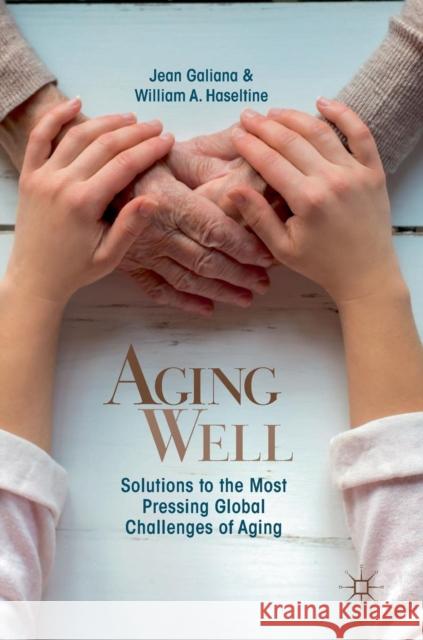Aging Well: Solutions to the Most Pressing Global Challenges of Aging » książka
topmenu
Aging Well: Solutions to the Most Pressing Global Challenges of Aging
ISBN-13: 9789811321634 / Angielski / Twarda / 2019 / 218 str.
Kategorie BISAC:
Wydawca:
Palgrave MacMillan
Język:
Angielski
ISBN-13:
9789811321634
Rok wydania:
2019
Wydanie:
2019
Ilość stron:
218
Waga:
0.43 kg
Wymiary:
21.01 x 14.81 x 1.42
Oprawa:
Twarda
Wolumenów:
01
Dodatkowe informacje:
Wydanie ilustrowane











